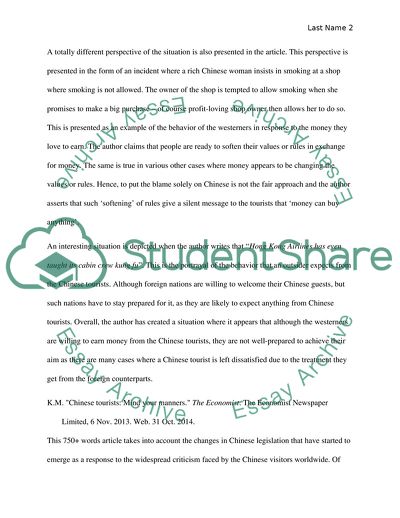Cite this document
(Chinese Tourism Annotated Bibliography Example | Topics and Well Written Essays - 3000 words, n.d.)
Chinese Tourism Annotated Bibliography Example | Topics and Well Written Essays - 3000 words. https://studentshare.org/tourism/1844526-content-analysis
Chinese Tourism Annotated Bibliography Example | Topics and Well Written Essays - 3000 words. https://studentshare.org/tourism/1844526-content-analysis
(Chinese Tourism Annotated Bibliography Example | Topics and Well Written Essays - 3000 Words)
Chinese Tourism Annotated Bibliography Example | Topics and Well Written Essays - 3000 Words. https://studentshare.org/tourism/1844526-content-analysis.
Chinese Tourism Annotated Bibliography Example | Topics and Well Written Essays - 3000 Words. https://studentshare.org/tourism/1844526-content-analysis.
“Chinese Tourism Annotated Bibliography Example | Topics and Well Written Essays - 3000 Words”. https://studentshare.org/tourism/1844526-content-analysis.


